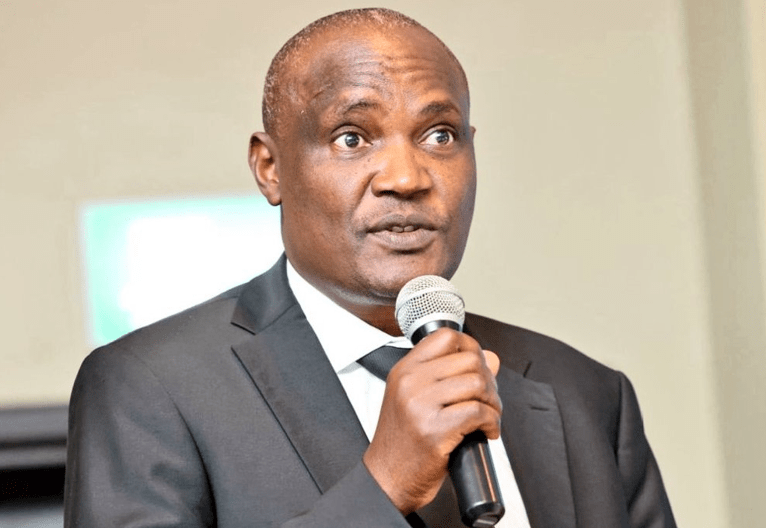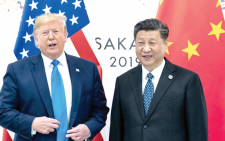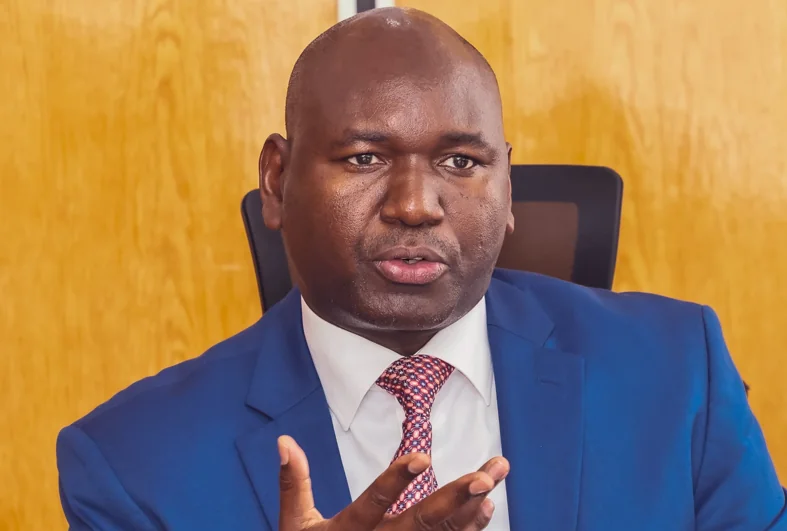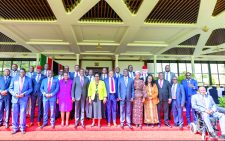World Bank urges Kenya to tighten anti-money laundering laws
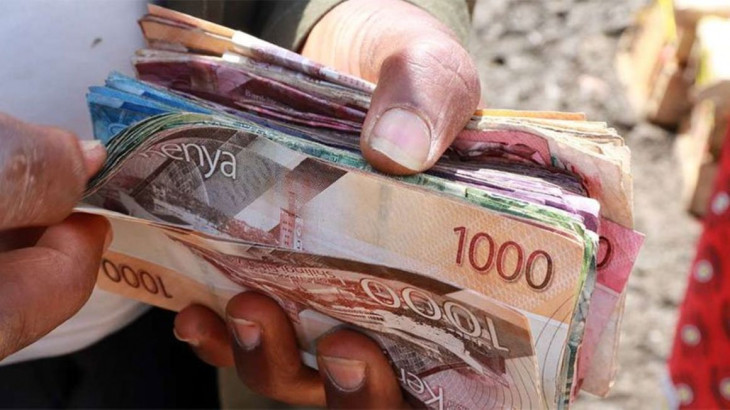
The World Bank is advocating for stronger anti-money laundering laws and counter-terrorism financing provisions to combat corruption and improve Kenya’s international standing.
In its report, “Beyond the Budget: Fiscal Policy for Growth and Jobs,” released in Nairobi on May 27, 2025, the organisation urged Kenya to address weaknesses that led to its “grey-listed” status by the Financial Action Task Force.
The report recommends developing a strengthened conflict of interest framework, noting that Kenya is creating new laws and regulations with significant potential to reduce corruption.
“Kenya has ensured that the Conflict of Interest Bill is robust, comprehensive, and in line with international standards, promoting transparency and accountability in public service,” the report states.
The World Bank also calls for stronger governance in business licensing, identifying current deficiencies as a major barrier to private sector growth.
“Discretionary practices, opaque procedures, and fragmented regulatory frameworks—particularly at the county level—create fertile ground for rent-seeking behaviour,” the report notes, adding that digitisation-based reforms could reduce corruption by limiting discretion and automating processes.
Enhanced accountability mechanisms are needed in the police service, where over two-thirds of Kenyans believe officers engage in corrupt activities, undermining public trust and justice sector efficiency.
Governance challenges
The report highlights governance challenges in public finance management and intergovernmental fiscal transfers that hamper service delivery.
Primary issues include inadequate national budget appropriations and repeated delays in approving County Government Additional Allocation Acts.
These problems are compounded by delayed exchequer releases and multiple fund flow layers that create information gaps and implementation delays.
To improve resource allocation and service delivery, the report advocates minimising fund flow layers and enacting changes to the Public Finance Management Act.
Several sectors require additional funding, including health (2-3 percentage points of GDP for universal coverage), education (at least one percentage point), social protection (0.3 percentage points), and water and sanitation.
The government could finance these needs by adopting recommended measures.
Reducing traffic-related corruption alone could release about 0.5 per cent of GDP annually, potentially funding universal health coverage while boosting productivity through human capital investments.
The report stresses that Kenya must adopt more progressive and efficient fiscal policies.
